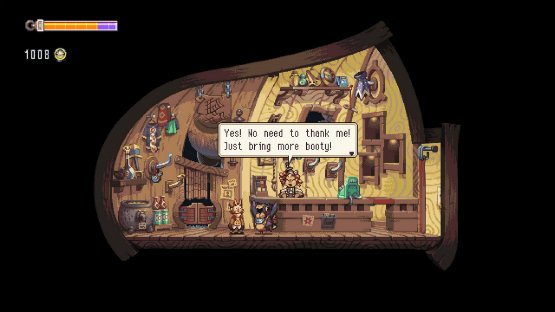I have a confession to make: pixel art just doesn’t do it for me anymore. It’s a fantastic medium, and when done right, it can deliver on character and environment in a way that other styles simply couldn’t. For all of the transcendent examples of the form, however, there are a dozen others just trying to cash in…
-
Beautiful world and characters
-
Fluid, fun gameplay throughout
-
Feels great with a DualShock controller
-
Probably a little too short
-
Ease of the game can be a turn-off for some








